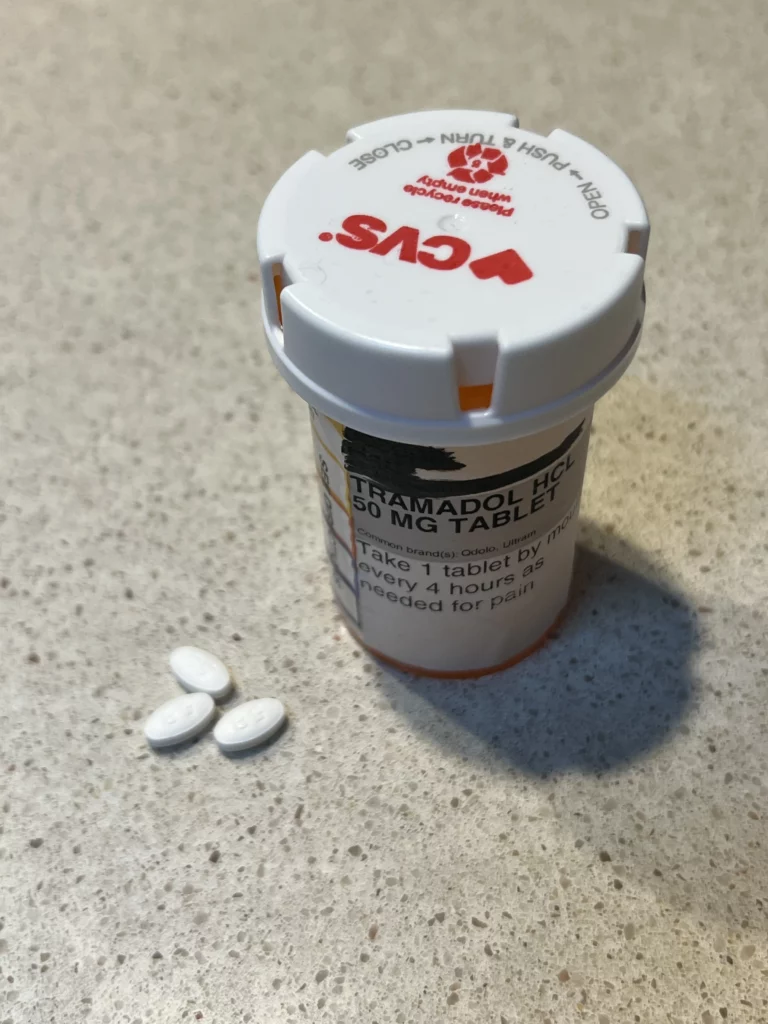Discover how a simple practice can transform your journey to sobriety.
Mindfulness in recovery acknowledges the profound challenges individuals face in confronting addiction. Have you ever felt like the cravings and negative thought patterns associated with addiction are overwhelming, threatening to derail your hard-won progress toward recovery?
If so, you’re not alone. Many report that the path to sobriety feels like a constant battle against their own minds. Thoughts that lead to relapse, feelings of guilt and shame, and the fear of falling back into old habits always seem to lurk in the back of your mind – rising during times of stress or vulnerability.
Mindfulness, an ancient practice rooted in present-moment awareness, is increasingly being
recognized as a game-changer for individuals in recovery from addiction. By cultivating a
non-judgmental, compassionate presence, mindfulness can equip you with the skills to
manage cravings, regulate emotions, and develop a deeper understanding of your thoughts
and behaviors.
Whether you’re just starting your recovery journey or have been on the path for some time,
incorporating mindfulness into your routine could be the key to unlocking a more fulfilling and
sustainable life in sobriety.

What is Mindfulness ?
Before we look at how mindfulness in recovery could bring about positive change in your recovery, let’s
first define what it is. Mindfulness is intentionally paying attention to the present moment
without judgment. This means tuning into your senses and noticing what is happening within
and around you.
The roots of mindfulness can be traced back to ancient meditation practices originating in
Buddhist traditions over 2,500 years ago. However, the modern conceptualization of
mindfulness has been secularized and adapted for therapeutic purposes, primarily through the
work of Jon Kabat-Zinn and his Mindfulness-Based Stress Reduction (MBSR) program.
Why is mindfulness in recovery important?
The skills developed through mindfulness can be particularly helpful for individuals struggling
with addiction. Many people turn to substances or behaviors as a way to escape from difficult
thoughts and emotions.
Mindfulness in recovery allows you to observe these thoughts and emotions without trying to push them
away or act on them. By doing so, you can better understand their root causes and learn
healthier coping methods.
Beyond giving us insight into what is occurring within ourselves, practicing mindfulness can
impact how we react to external factors. For instance, mindfulness can help to strengthen
impulse control, helping you make more conscious and intentional choices rather than reacting
impulsively. It can bring a sense of acceptance and non-judgment towards oneself – crucial in
overcoming feelings of shame and guilt often associated with addiction.

What are the benefits of implementing mindfulness into recovery?
Better understanding of underlying issues: Addiction is often a result of deeper emotional or
psychological issues. By practicing mindfulness, individuals can gain insight into these
underlying issues and work on addressing them in a healthy way.
Improved impulse control: As mentioned earlier, mindfulness can strengthen impulse control.
This means being able to pause and make conscious decisions rather than reacting impulsively
based on cravings or urges.
Reduced stress and anxiety: Addiction recovery can be a stressful time filled with uncertainty
and fear of relapse. Mindfulness practices such as deep breathing and guided meditation can
help reduce stress and anxiety, promoting a sense of calm and well-being.
Increased self-compassion: Many individuals struggling with addiction have low self-esteem
and struggle with feelings of shame and guilt. Mindfulness can help cultivate self-compassion,
allowing individuals to be kinder to themselves and practice forgiveness for past mistakes.
Improved overall well-being: Mindfulness is not just about addressing addiction but also
improving one’s overall physical, mental, and emotional well-being. It can lead to better sleep,
increased energy levels, improved relationships, and a greater sense of purpose in life.
Enhanced relapse prevention: By incorporating mindfulness practices into daily life,
individuals can develop tools that will help them cope with triggers and cravings, reducing the
likelihood of relapse. This can also include developing a stronger support system through
mindfulness-based group therapy or 12-step programs.
Greater resilience: Addiction recovery is not always a smooth journey, and individuals are
bound to face challenges and setbacks along the way. Practicing mindfulness can help build
resilience, allowing individuals to bounce back from difficulties and continue on their path
toward recovery.
The Science Behind Mindfulness and Addiction Recovery
Neuroplasticity and Rewiring the Brain
The practice of mindfulness has been shown to induce neuroplastic changes in the brain, which
may contribute to its therapeutic effects in addiction recovery.
Neuroimaging studies have demonstrated that regular mindfulness practice can increase gray
matter density and functional connectivity in brain regions associated with self-regulation,
attention, and emotional processing, such as the prefrontal cortex, anterior cingulate cortex,
and insula.
Impact on Brain Regions Associated with Addiction and Impulse Control
Addiction is characterized by dysregulation in brain circuits involved in reward processing,
impulse control, and decision-making, including the mesolimbic dopamine system, prefrontal
cortex, and anterior cingulate cortex.
Mindfulness practice has been found to modulate activity and connectivity in these regions,
potentially counteracting the neural changes associated with addictive behaviors.
Studies Demonstrating Efficacy
Is there any science to back up these claims? Fortunately, the effectiveness of mindfulness in
recovery has been documented and shows that mindfulness practice can indeed improve
outcomes for those struggling with addiction.
Many studies show that mindfulness interventions work well for treating addictive behaviors.
A research review found that mindfulness treatments had better results than control conditions
for substance use, smoking, craving, and stress reduction. The Mindfulness-Oriented Recovery
Enhancement (MORE) program helped chronic pain patients with opioid misuse become more
responsive to natural rewards and less reactive to opioid cues (Garland et al., 2014).
Neuroimaging research has also shed light on how mindfulness may impact the brain circuits
involved in addiction. A study showed that MORE increased activity in brain regions related to
savoring natural rewards (e.g., ventral striatum, rostral anterior cingulate cortex) and decreased
neural responses to cigarette cues in nicotine-dependent smokers (Froeliger et al., 2017).

Mindfulness Techniques to Aid in Recovery
Breath Awareness and Body Scans
One of the foundational practices in mindfulness-based interventions for addiction recovery is
breath awareness. By focusing on the natural flow of breathing, individuals can anchor
themselves in the present moment and cultivate a calm awareness.
Body scans, which involve paying focused attention to various body parts, can boost
awareness of internal sensations and help build a non-judgmental connection with physical
feelings, such as cravings or withdrawal symptoms.
Body scans, which involve paying focused attention to various body parts, can boost
awareness of internal sensations and help build a non-judgmental connection with physical
feelings, such as cravings or withdrawal symptoms.
Mindful Movement
Mindful movement practices, such as yoga or walking meditation, can be particularly beneficial
in recovery by promoting physical and emotional regulation.
These practices involve consciously attending to the sensations of movement and the body’s
physical experience. Mindful yoga, for example, can help individuals develop greater body
awareness, reduce stress and anxiety, and improve emotional balance – all of which can
support long-term sobriety.
Mindful Eating and Savoring
Think that something as simple as eating can’t be a mindfulness practice? Think again. Mindful
eating involves paying attention to food’s smells, tastes, and textures while also being aware
of the body’s hunger and fullness cues.
By slowing down and savoring each bite, individuals can gain more enjoyment from their meals
and develop a healthier relationship with food. This mindful approach to eating can also help
prevent overeating or binge eating, which can often be triggers for substance use.
Loving-Kindness Meditation
Loving-kindness meditation involves cultivating feelings of warmth, compassion, and goodwill
toward oneself and others.
In addiction recovery, this practice can help individuals overcome feelings of shame, guilt, and
self-criticism, which can be significant barriers to healing. Individuals can break free from
negative self-talk and foster a more positive, supportive inner dialogue by developing
self-compassion and extending kindness to others.
Mindfulness-Based Relapse Prevention (MBRP)
MBRP is a mindfulness-based intervention specifically designed for individuals in recovery
from addictive behaviors. It combines mindfulness practices with cognitive-behavioral
techniques to help individuals become more aware of their triggers and automatic reactions
and develop more skillful ways of responding to cravings and high-risk situations.
MBRP also emphasizes the cultivation of a non-judgmental, accepting attitude toward one’s
experiences, which can be particularly valuable in navigating recovery challenges
Connect With Us Now
Reach out to us now for immediate support, or let us know the best time to contact you through our confidential callback service. Your journey to healing is just a conversation away.
Give Mindfulness a Try In The Journey Toward Recovery
- Mindfulness practices can help individuals in recovery increase self-awareness, regulate emotions, cope with cravings and triggers, and cultivate a non-judgmental attitude towards themselves.
- Research shows mindfulness-based interventions are effective in reducing substance use, craving, and stress while improving emotion regulation and self-control in those struggling with addiction
- Mindfulness likely impacts addiction recovery by inducing neuroplastic changes in brain regions associated with self-regulation, reward processing, and impulse control.
If you or a loved one is struggling with addiction, consider exploring mindfulness-based programs or integrating mindfulness in recovery into your recovery toolkit. With commitment and an open mind, mindfulness can support lasting freedom from the chains of addictive behaviors. Even those who aren’t in a recovery program can find benefits from implementing mindfulness techniques in their daily lives! Remember, you don’t have to face this alone. Reach out to one of HCANA’s treatment centers; we are here to help.








